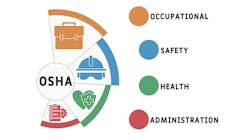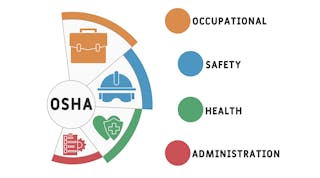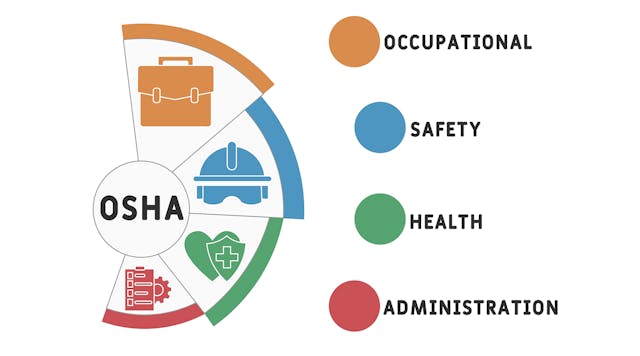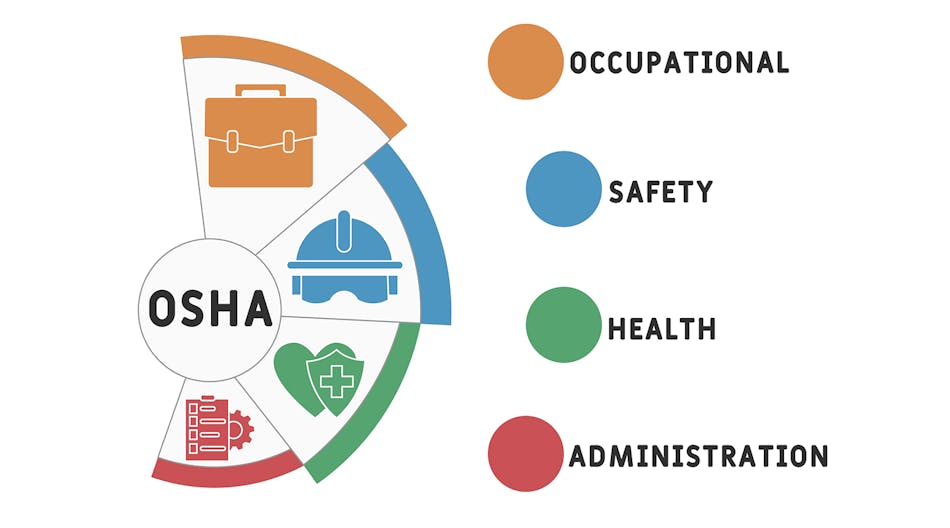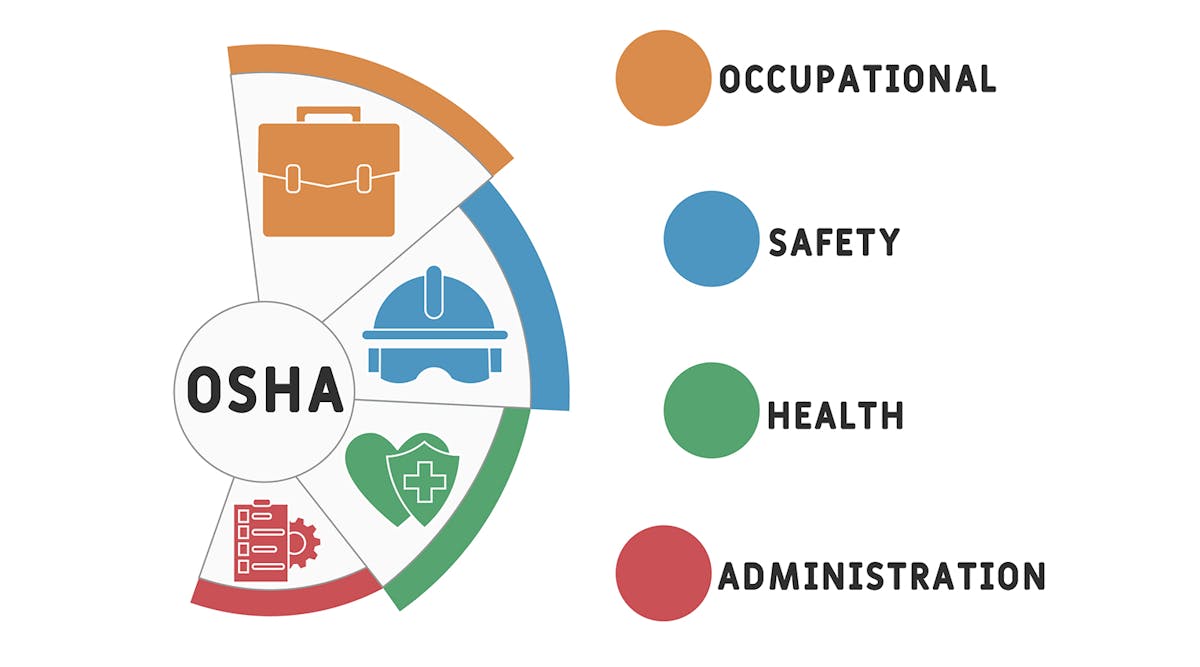In order to help companies stay informed about the ever- changing regulatory landscape, Priyanka Bawa, industry analyst at Verdandix offered these five trends in a recent blog.
- Growing scrutiny of human rights in supply chains. With the looming confirmation of the EU’s Corporate Sustainability Due Diligence Directive (CSDDD), the 2023 enforcement of the German Supply Chain Due Diligence Act and the UK government’s intent to tighten reporting requirements under the Modern Slavery Act, the global crackdown on human rights abuses is set to build more momentum.
- Higher penalties for poor quality disclosures and for bad social performance. There is a move towards greater transparency of disclosures through mandated assurance requirements, and increased penalization for non-compliance. Verdantix is witnessing a stronger ‘show, don’t tell’ data credibility movement, as evidenced by the forecasted expansion of the ESG assurance market, which is set to grow to over $5.89 billion by 2028, at a CAGR of 27%
- Enhanced voluntary reporting and social disclosure frameworks, supporting regulatory movement. Firms are increasingly focusing on social elements in their sustainability reports – voluntarily. The third sector is also nudging organizations towards stronger and more transparent social disclosures.
- Impact of US affirmative action lawsuit on diversity policies and disclosures. In a concurring opinion to the US Supreme Court’s ruling against race-conscious university admission policies, Associate Justice of the Supreme Court Neil Gorsuch noted that the federal law banning race bias in federally funded programs was "essentially identical" to the law prohibiting workplace discrimination. Such a statement has the potential to spur legal challenges to corporate diversity initiatives that take race into account (see The Legal Issues Surrounding Diversity, Equity And Inclusion Programmes).
- Increased ethnic diversity disclosures. Many firms, especially in the UK and EU, are voluntarily taking steps to monitor and report on ethnic diversity and associated pay gaps. We expect this trend to increase in the short term, with regulatory development in the medium term.
For further information from this blog, click here.























































